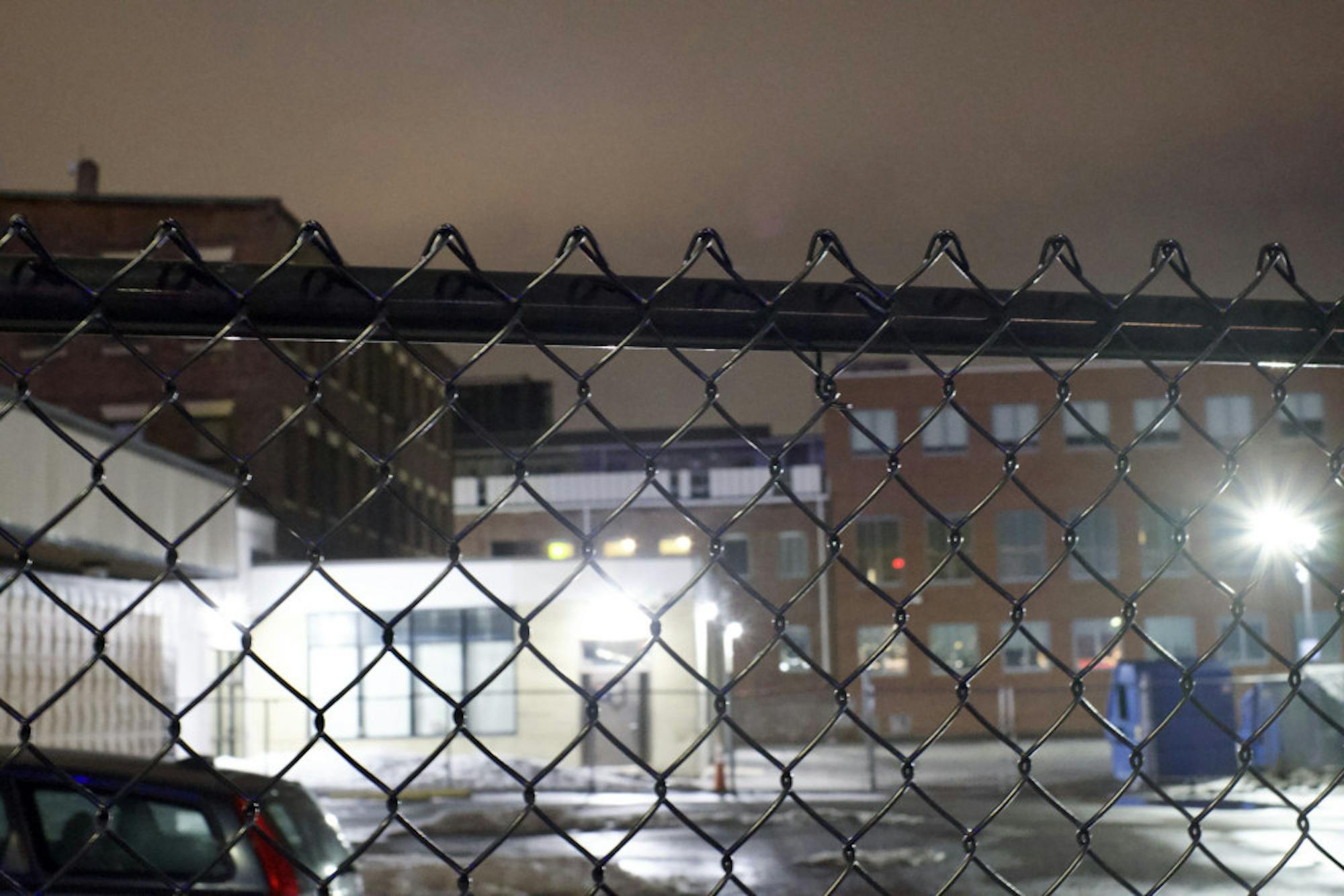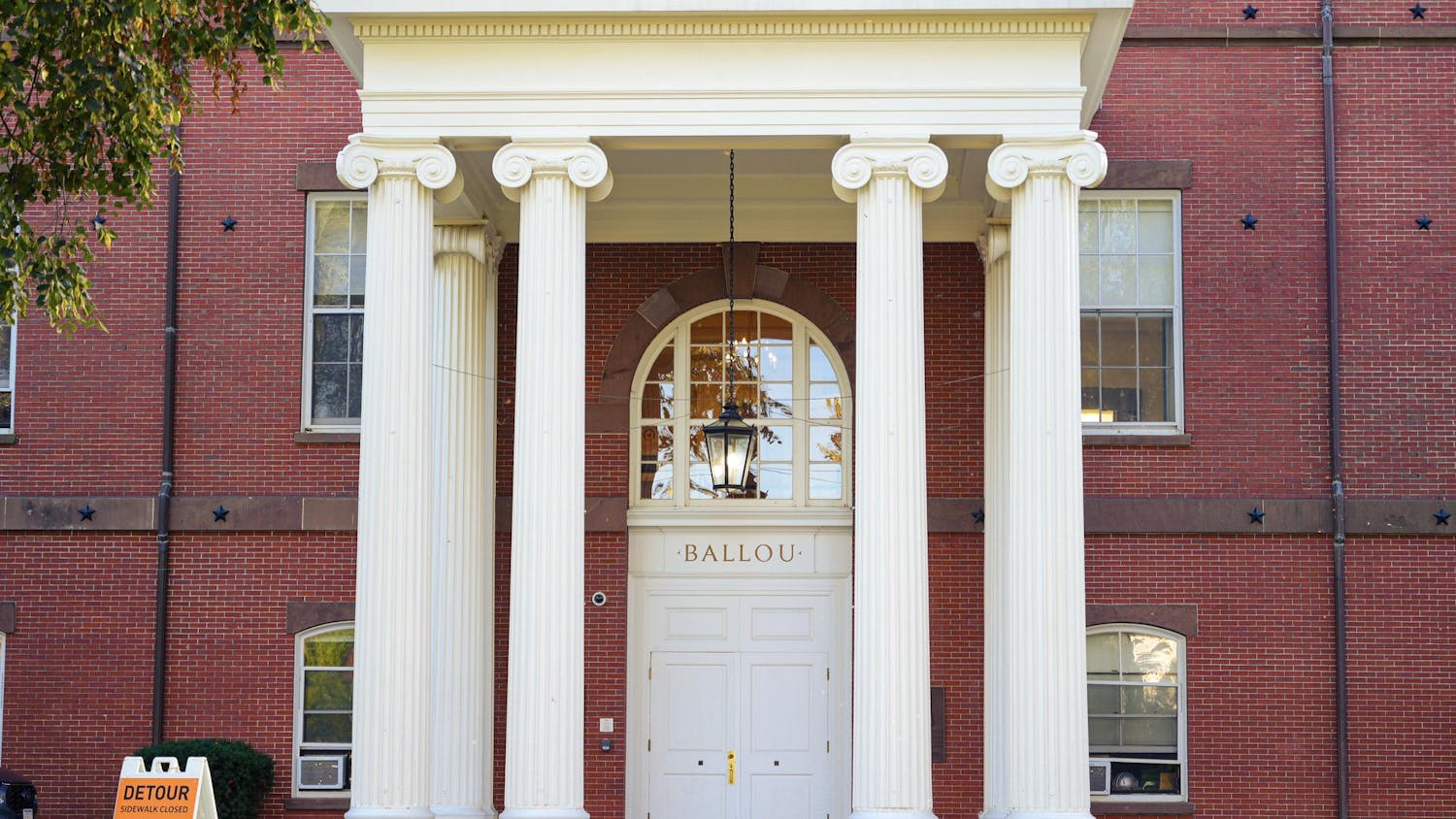A bill proposed last year in the Massachusetts state legislature would enact a five-year moratorium on the design and construction of prisons and jails in Massachusetts. The bill was reported out favorably from the Joint Committee on State Administration and Regulatory Oversight on Jan. 24 and is now being considered by the Senate Committee on Ways and Means, bringing it one step closer to Governor Charlie Baker's desk.
Written by formerly incarcerated women at Families for Justice as Healing and the National Council for Incarcerated and Formerly Incarcerated Women and Girls, and filed by State Senator Jo Comerford of the Hampshire, Franklin and Worcester district, the bill aims to reallocate funds from prison construction to restorative justice efforts and specifically halt plans to build a new women's prison in Massachusetts that is estimated to cost over $50 million.
"This bill is tremendously timely, as the state has already signed a contract for a strategic plan and study and design of a potentially new women's prison in Massachusetts," Comerford said in testimony to the Joint Committee on State Administration and Regulatory Oversight. "I respectfully say we must act now."
While it would prevent any expansion of existing facilities, the moratorium would not interrupt funding for routine maintenance and repairs on existing prisons and jails.
Between 2011 and 2019, the incarcerated population decreased by 21% while spending on prison construction and maintenance increased by 25%, according to afact sheet from the National Council for Incarcerated and Formerly Incarcerated Women and Girls and Families for Justice as Healing.
Comerford testified that Massachusetts prisons operate only at around half their capacity and that the state's incarceration rate has dropped by 43% between 2012 and 2021.
"Instead of borrowing and paying interest … for a new prison, the commonwealth should invest in proven and effective community-based alternatives to address the root causes of incarceration," she said.
State Representative Erika Uyterhoeven of the 27th Middlesex District, a petitioner of the bill, said that the moratorium on prison construction is one of her top priorities in the area of criminal justice.
"My view is that prisons don't actually solve the problems that their proponents seek to solve, if we really are concerned about public safety, and particularly our community's health, as well as creating a world where we actually address the root causes of these issues," she told the Daily. "We know that prisons, in every possible way, actually make the problem worse."
Uyterhoeven, who advocates for prison abolition, said that her opportunities to visit prisons and speak with incarcerated people are one reason she supports the moratorium so strongly. She cited cases like the one uncovered by the Boston Globe's Spotlight investigative team at the Souza-Baranowski Correctional Center, a maximum security prison.
The Globereportednumerous instances of retributionary abuse of prisoners by correctional officers in the wake of an assault on officers in January 2020 and found a severe lack of public access to information about correctional practices.
"When you look at the Department of Corrections and what they do, particularly at the state level, the complete lack of accountability and how they treat the incarcerated and people behind the wall is, just frankly, immoral and atrocious," Uyterhoeven said. "[Giving] more state money to this unaccountable entity is just a complete non-starter."
Uyterhoeven said she recognizes that many people disagree with her on the right way to solve the issues related to mass incarceration and that the bill makes space for problem solving.
"I think everyone can agree that … to continue this system as it stands without any sort of oversight, accountability or change … is absolutely unacceptable," she said. "We have to stop, we have to put the brakes on [what we're doing] and we're not moving forward until we figure out a better way."
Mallory Hanora, executive director of Families for Justice as Healing, said that the bill offers a chance for the state to try new methods of preventing incarceration and improving outcomes for families and communities.
"We have to pass the Jail and Prison Construction Moratorium Bill this session to stop the new women's prison and shift our state's focus to investing in what women, our children, and our families need to thrive," Hanora wrote in an email to the Daily.
Families for Justice as Healing leads the Building Up People Not Prisons Coalition, which works to oppose increases in spending on incarceration and advocates shifting resources toward Black and Brown communities.
Hanora echoed Uyterhoeven's characterization of the bill as an opportunity to buy time to discover new solutions.
"Passing the Moratorium Bill gives us the breathing room to let this work take root and flourish," Hanora wrote. "It frees up the resources we must then reallocate to housing, healing, education, and economic development to stop the flow of women and girls into incarceration."






